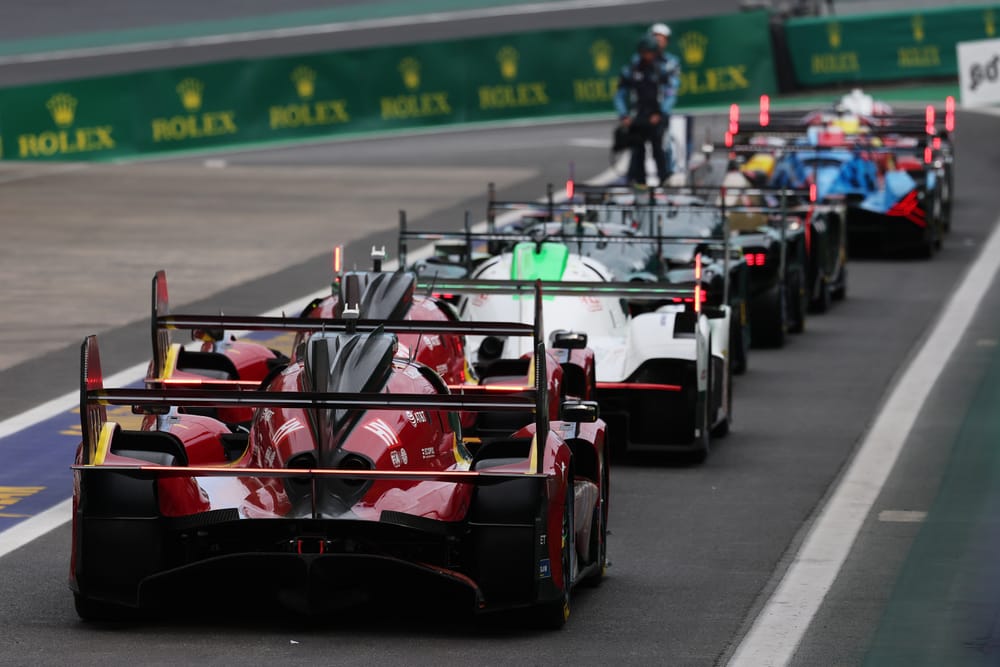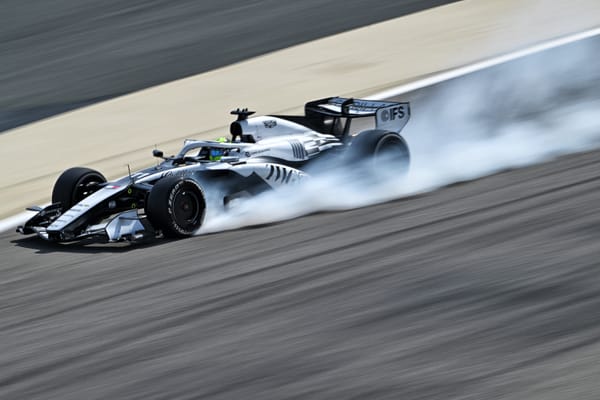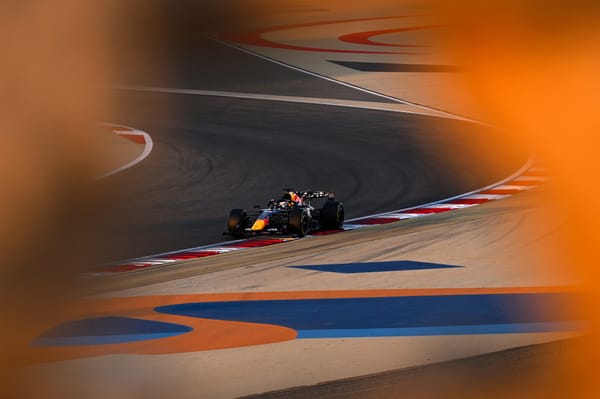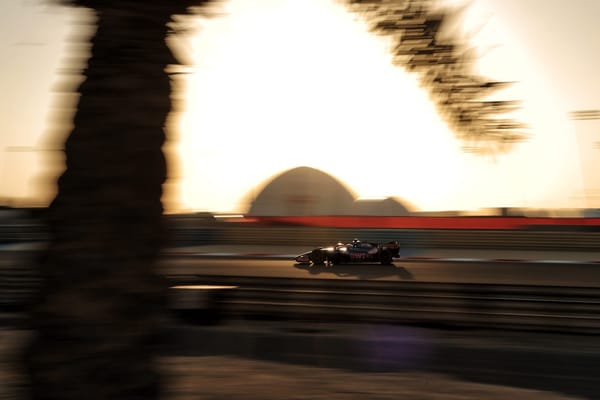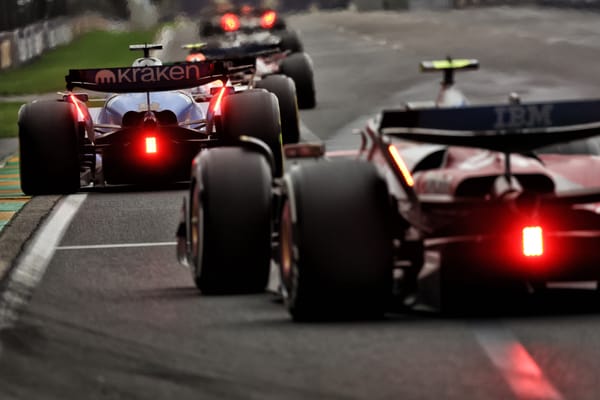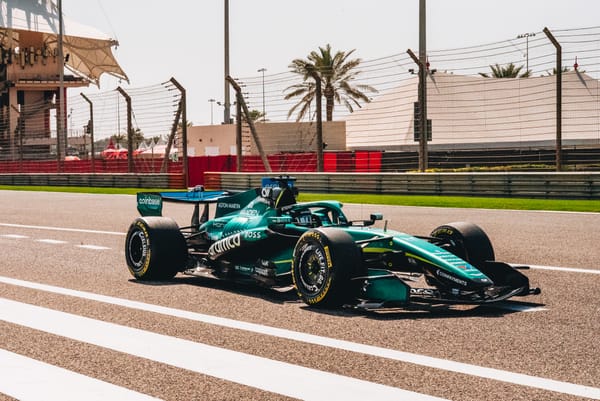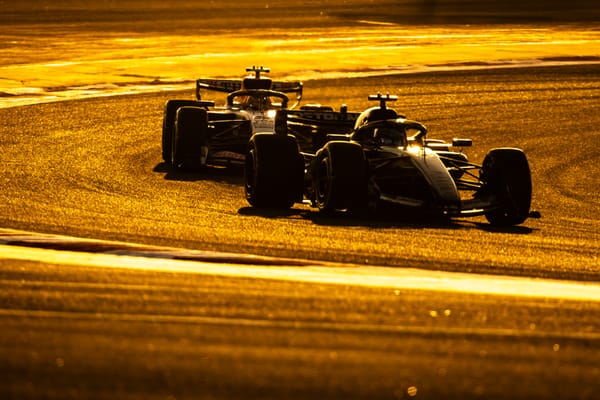How far F1 will go to keep its 2026 field close
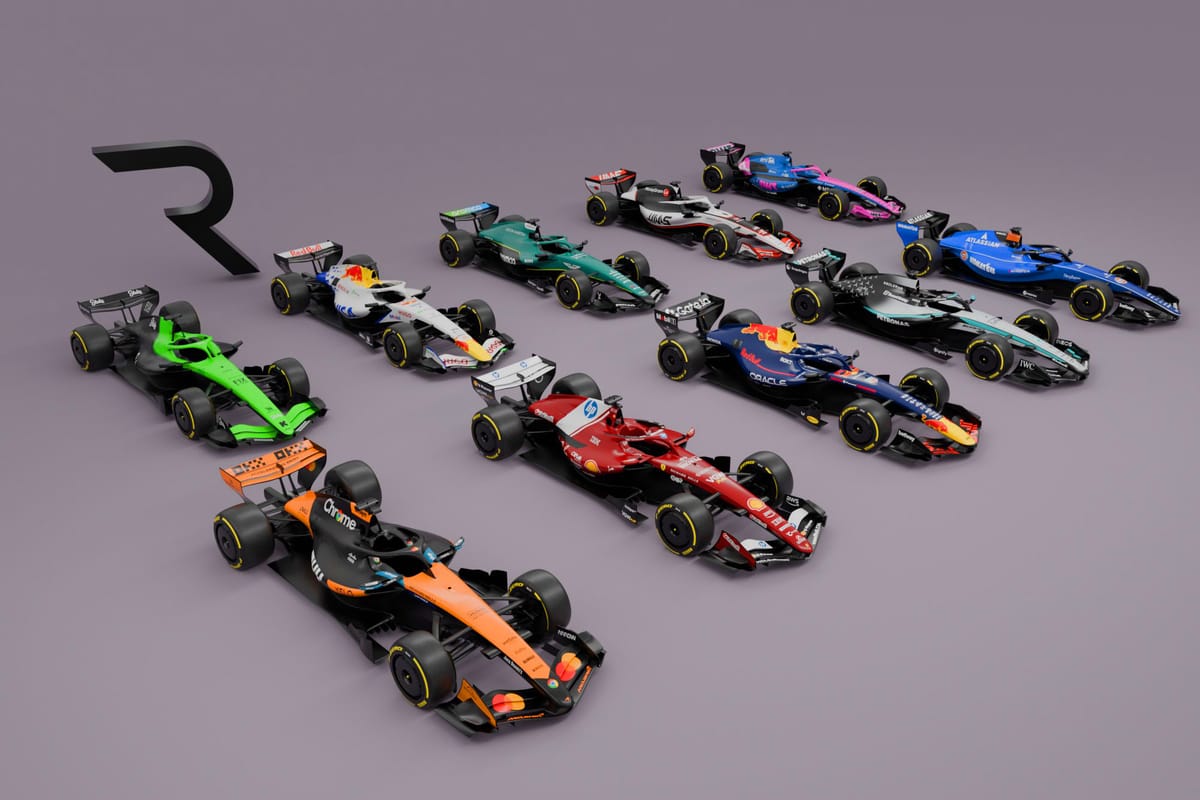
There remains great uncertainty about how big the field spread will be in Formula 1 in 2026 when all-new hybrid engines hit the track for the first time.
Teams' performance has once again converged as the current rules cycle has progressed, and there are concerns about the prospect of much bigger gaps between teams next year if any engine manufacturers get things very wrong with the development of their significantly different new power units.
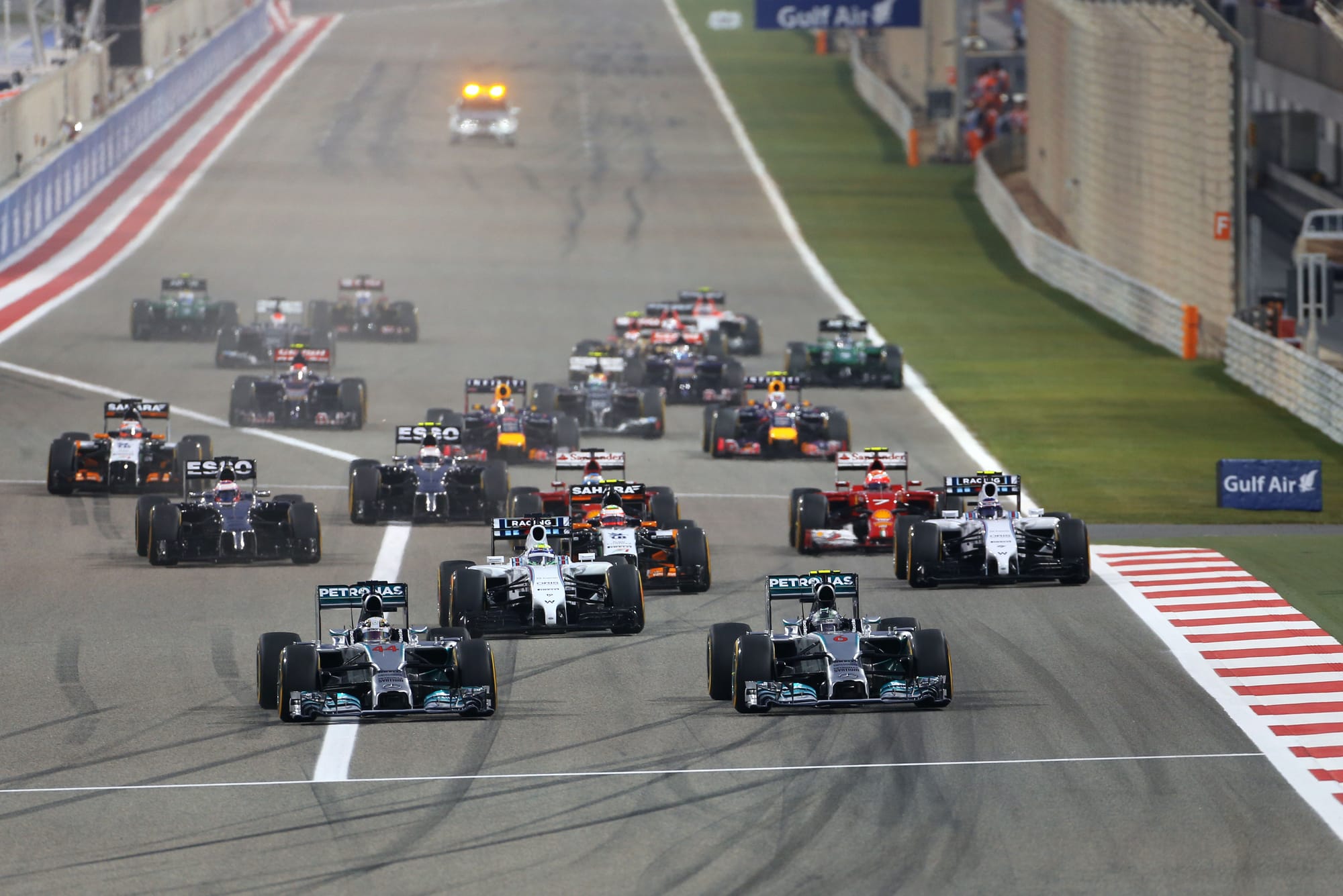
Mercedes famously had a major performance advantage when F1 last made a major engine rules change in 2014, though the situation the FIA is more concerned about is the potential for a manufacturer to be cut adrift at the back, as returnee Honda was in 2015.
Provisions have been put in the rules to help anyone in the latter performance, but one thing the FIA is firmly ruling out is that escalating into an F1 equivalent of a Balance of Performance (BoP) system to help keep the grid close.
Amid some concern that F1's strict homologation rules could leave a manufacturer consigned to the back of the grid for a long time if they get it wrong from the start, procedures have been set out in the rules to allow extra development for anyone who is struggling.
An appendix of F1's 2026 technical regulations lays out that if the power of anyone's internal combustion engine is ever more than 3% below that of the best one, that manufacturer will be granted additional development opportunities and more test bench running following the fifth race of each season.
In a bid to ensure that no one games the system to gain an unfair advantage, the FIA will revoke the allowance of any upgrades if engine performance after the first five races is not in line with how it was beforehand.
Furthermore, the FIA can take measures if any manufacturer is given "an advantage that is deemed to be unfair in comparison to PU manufacturers" who were not allowed any upgrades.
How things will play out on this front, especially if there is a great deal of political lobbying from those struggling at the back, is hard to predict right now – and it could have major implications if a manufacturer is giving a helping hand to get closer to the front.
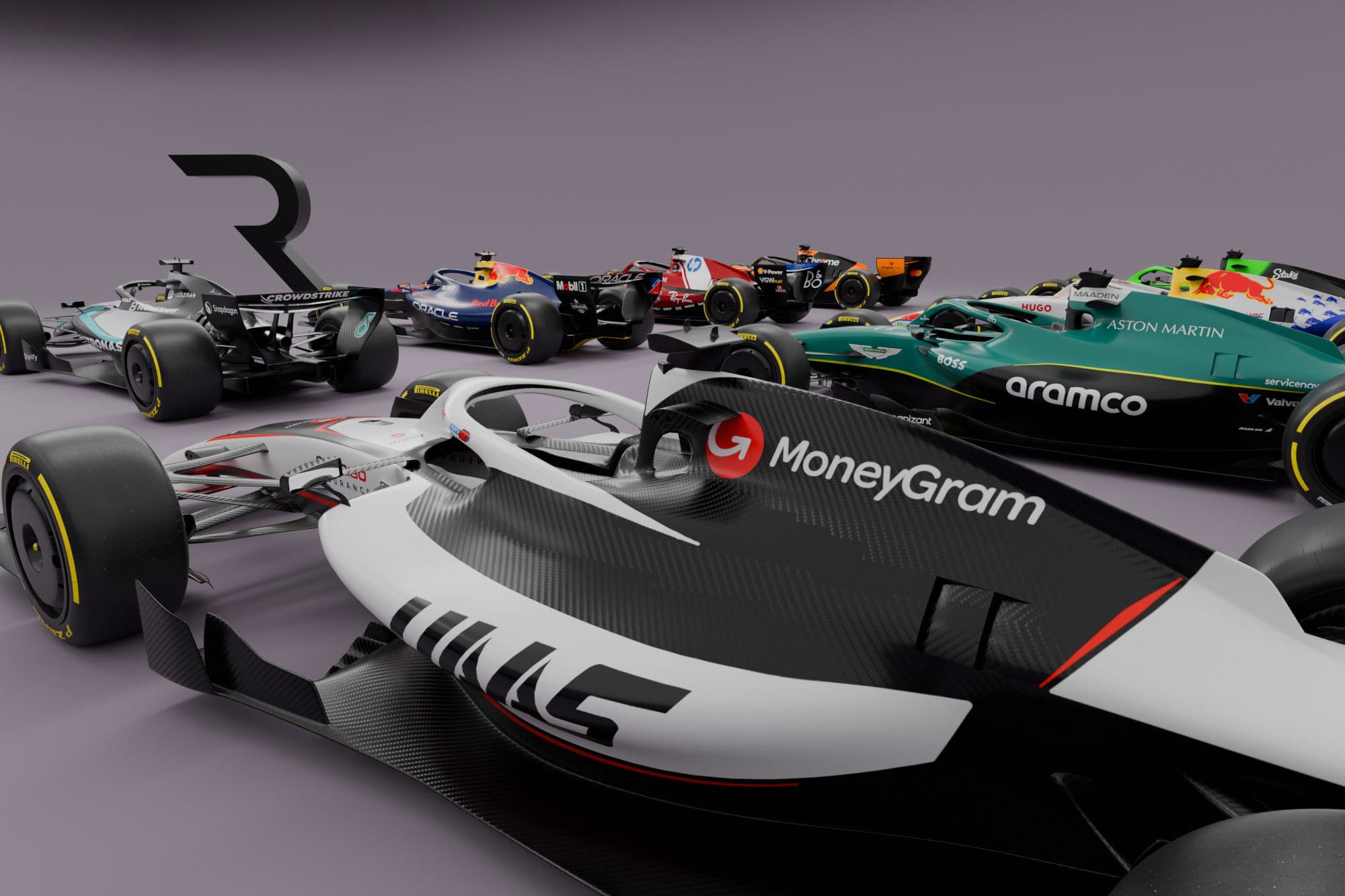
But the FIA's single seater director Nikolas Tombazis insists this provision to help level the engine playing field at the start of the new rules cycle is as far as F1 will go and does not open the door to it adopting a form of the controversial Balance of Performance rules that attempt to ensure competitive parity in series such as the World Endurance Championship.
Tombazis is clear that F1 does not have the same need for BoP that exists in sportscars for example – where the way it's being implemented in the WEC is proving hugely controversial this season.
Speaking exclusively to The Race about the plans to level things up between the engine manufacturers in 2026, Tombazis said: "We completely and strongly reject any form of comment that there may be some BoP there or something like that.
"That's definitely not [going to happen].
"A BoP which is used in other categories - and I'm not saying this in a disparaging way - actually tries to equate performance of the cars and to artificially make certain cars faster than what they may be naturally or are relative to other cars.
"In some categories that is necessary, because cars are based on GT cars or whatever, and they may be inherently faster or slower just because of conditions to do with their road usage or whatever.
"Clearly it would be a silly race to have if you knew that three cars from a particular manufacturer would always be three seconds a lap faster just because of their road car design, and that is the end of story.
"So there's a good reason for BoP in certain categories or events, like Le Mans. That is not the case in F1."
Eliminating disadvantages
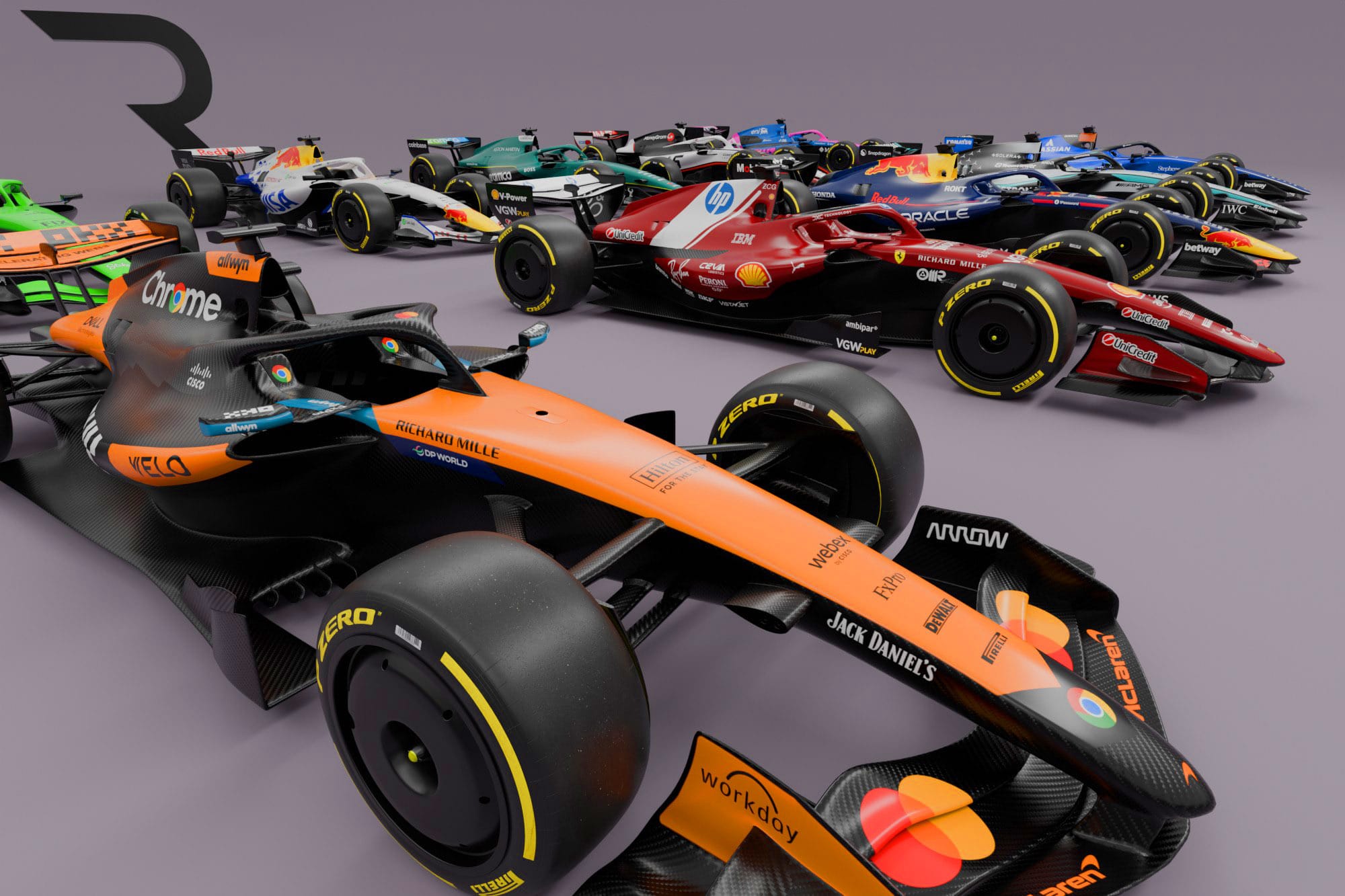
Tombazis says the FIA has long ensured that any regulations that are aimed to achieve parity between teams – such as the cost cap, or aerodynamic testing restrictions – are about making things fairer rather than artificially keeping things close.
He thinks that having such elements are essential because otherwise, under a cost cap, new contenders would never be able to catch up.
"In F1 you accumulate an advantage of knowledge through many years," he said.
"This advantage keeps continuing from year on year and, with a cost cap limitation, it is not so easy for somebody who's behind to spend their way out of the problem.
"For me, the analogy is that if you and I run a marathon together. Let's say you're faster than me by 20 minutes, and you beat me and finish 20 minutes ahead of me in the marathon. What happens in F1 is that when we run our next marathon, you start 20 minutes ahead of me, and you finish 40 minutes ahead of me the next time.
"So it's not enough for me just to equate your performance over one marathon. I somehow need to do more to catch up with you, and that is because there's an accumulation."
Tombazis thinks that there is an important distinction between introducing rules that offset unfair disadvantages, as opposed to those that simply reward failure.
"There are people who've been in the sport since forever, and who've got an accumulated infrastructure and knowledge and so on. Then there are people who are more recent who may not have that," he added.
"So some of these provisions, they exist a bit on the windtunnel side and there will also be some on the PU, are trying to create that capability [to catch up] and so on.
"There's never going to be a situation where they're giving an unfair advantage to somebody. It is just a matter of trying to mitigate maybe what is an accumulated advantage or even an unfair disadvantage.
"One has to be careful with those words. But clearly, I would definitely not ever accept that as a BoP."

